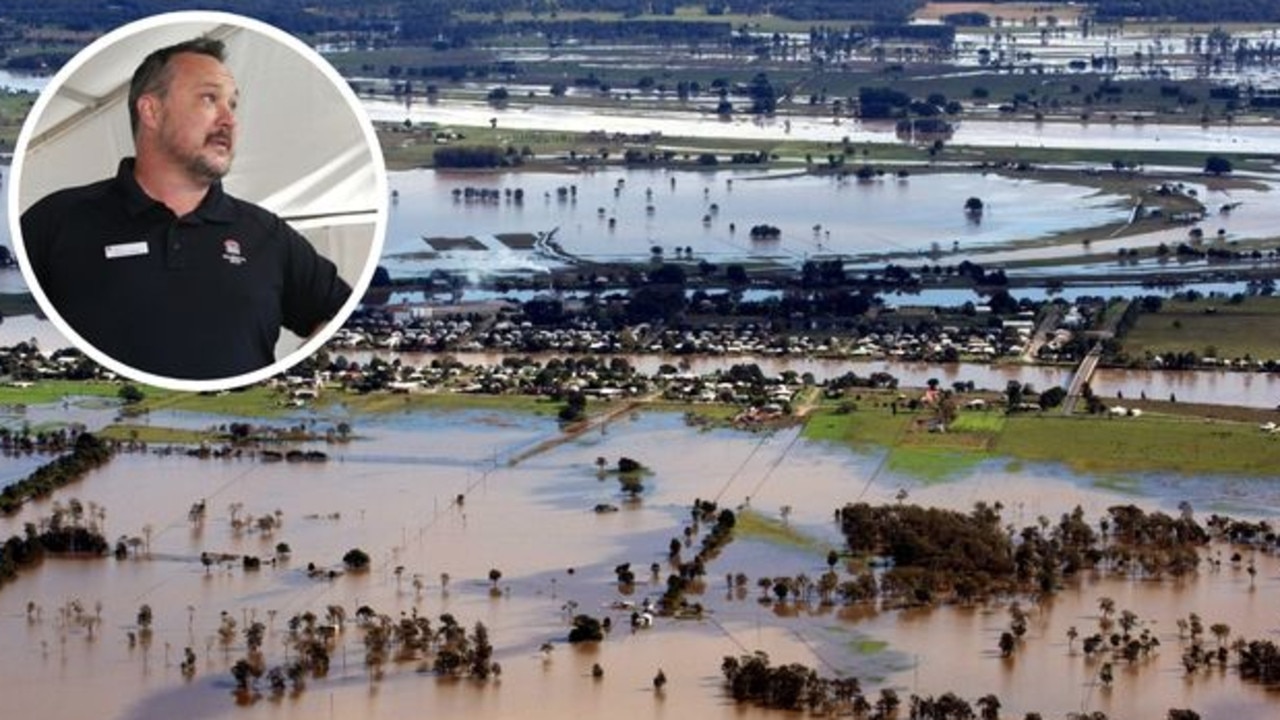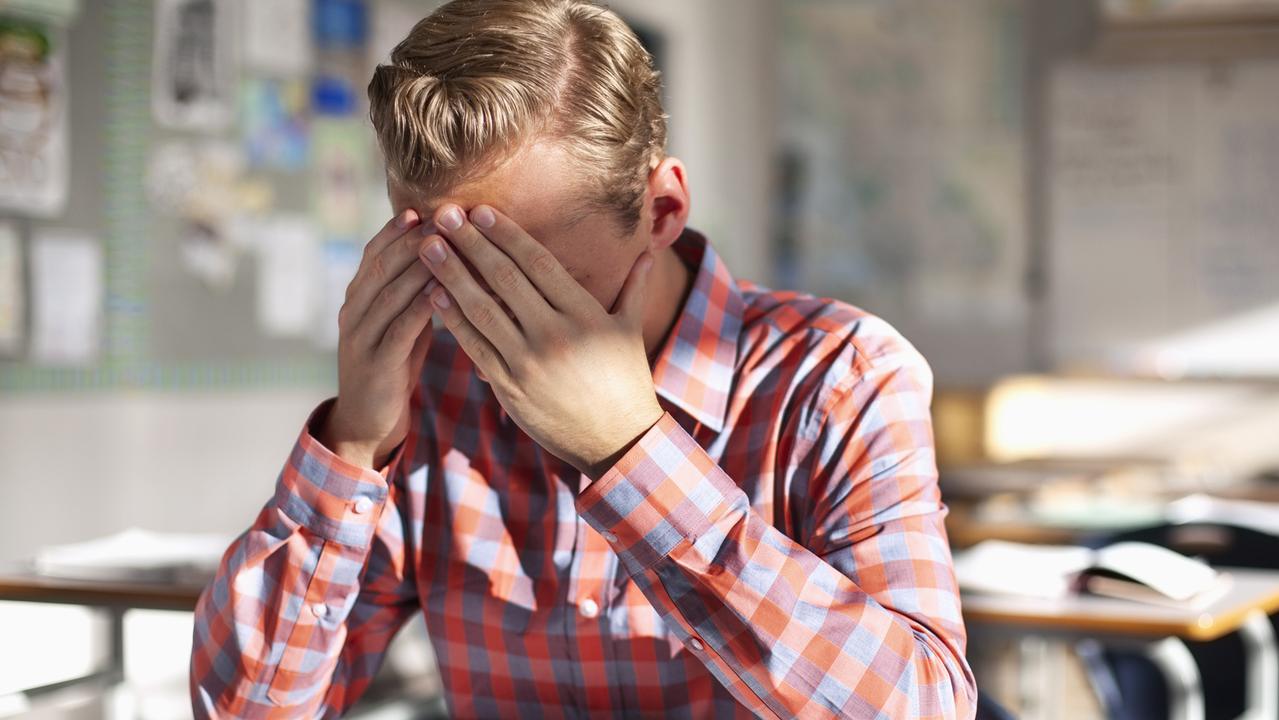‘Something had to change’: NSW school cleaning contracts to be de-privatised
Nearly 7000 school cleaners working under private contracts are now poised to become government employees, after a review into cleaning services found toilets are left so dirty students refuse to use them.
NSW
Don't miss out on the headlines from NSW. Followed categories will be added to My News.
Nearly 7000 school cleaners working under private contracts are now poised to become NSW government employees, after a review into government cleaning services found the current system has allowed toilets to be left so dirty students refuse to use them.
Reforms under a long-awaited review into whole-of-government cleaning contracts will see school cleaners brought in-house under the NSW Department of Education, starting with 600 jobs in the Central Coast and Hunter regions next year.
Schools, TAFEs and other education facilities account for 85 per cent of the $518 million spent on cleaning services statewide.
Scrapping the $62.9 million contract awarded to Ventia for the Hunter/Central Coast area will be a test case for the Minns government, paving the way for thousands more school cleaners to be brought into the public service for the first time in three decades.
In the meantime the government will enforce higher hygiene, accountability and employee protection standards for the remaining contracts, to be put back out to tender for 2026.

The decision comes after 54 per cent of parents, students, teachers and principals reported serious concerns about the cleanliness of school toilets, describing bathrooms as neglected and unsanitary.
The five-day survey administered by the P&C Federation collected nearly 500 responses, and found children are regularly holding their bladders all day at school.
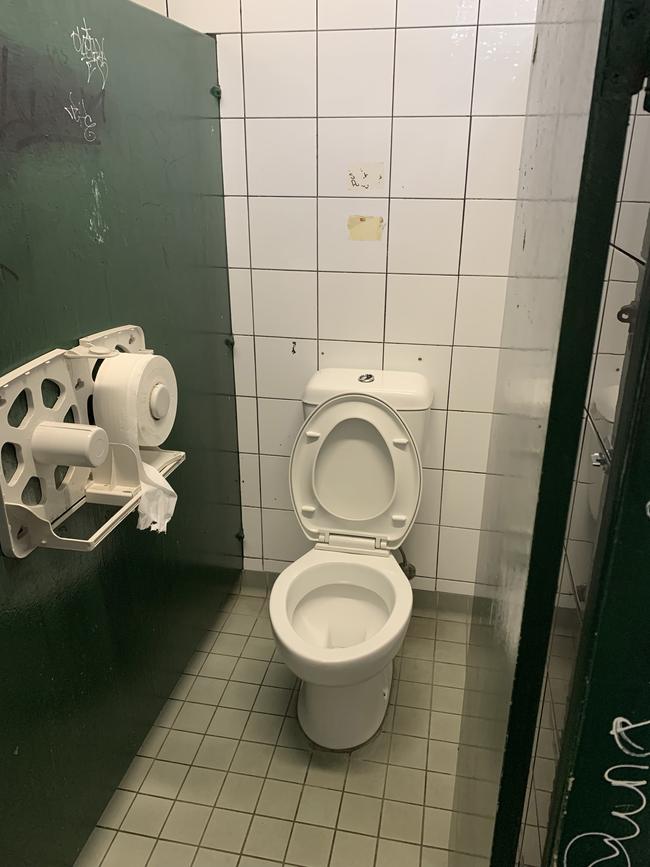
“My children regularly rushed to my own toilet when they got home,” one parent wrote.
“When I questioned them, they told me how bad the toilets are at school.”
“Children describe the toilets as disgusting, vandalised and unclean,” another commented.
“My son said the state of the toilets often (makes him want to) vomit,” read another submission.
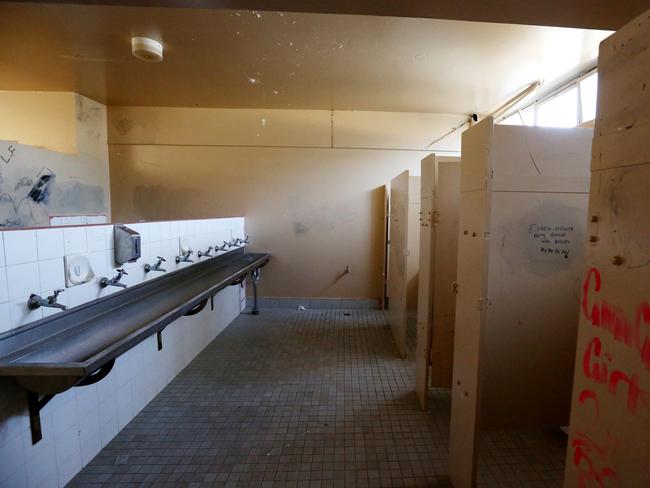
Having heard how often kids are refusing to use the toilets at their school, Deputy Premier and Education Minister Prue Car said “something needed to change”.
“These reforms are about prioritising health and safety in our schools while improving the working conditions of our valuable, dedicated cleaners,” she said.
Other complaints included that cleaning efforts elsewhere were sub-par and poorly timed, allowing a build-up of dirt and germs in classrooms, canteens and hallways, while bird poo and cobwebs in outdoor areas went unaddressed.
P&C Federation CEO Gemma Quinn said regional and remote communities reported higher rates of satisfaction with the school’s cleanliness, than in urban areas where turnover and staff absences are high.
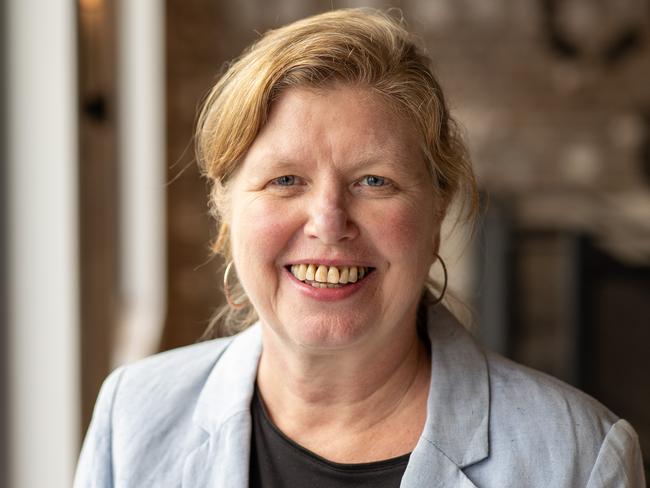
“Specialist knowledge from those who know our schools best is needed to ensure cleaning services are fit for purpose – that’s why this change is so important,” she said.
The reforms are also a major victory for the United Workers Union, which has lobbied long and hard for de-privatisation on behalf of cleaners, who have 43 seconds on average to complete more than 600 tasks each day under the terms of their contracts.
UWU NSW Secretary Mel Gatfield welcomed the Minns government’s “bold decision”, which she said will come as “a huge relief” for workers.


